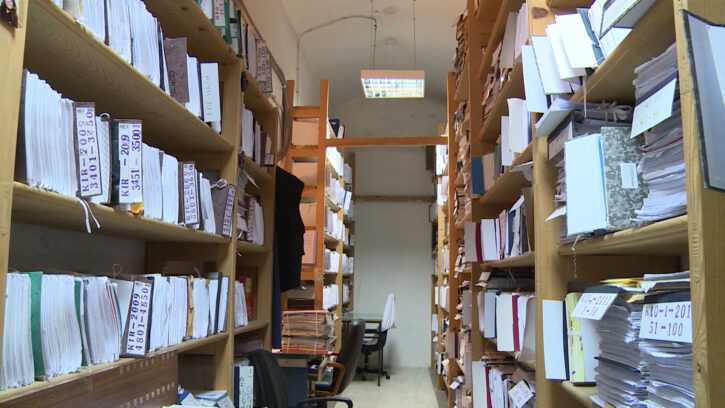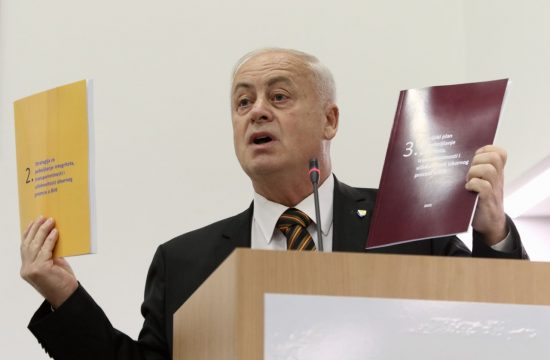
Bosnia is considering tackling war profiteering and dubious post-war privatizations, something the country has tried to do several times but never found the strength to finish.
International officials are considering suggesting Bosnia to lift the statute of limitation for war profiteering.
The list of prewar companies that were privatized under dubious circumstances is long. Mostly they were sold for very little money, then abandoned after the owners have sold the assets and laid the employees off.
War profiteering has never been punished, said the former head of the Confederation of Independent Trade Unions of Bosnia and Herzegovina (SSSBiH), Edhem Biber.
His organisation used to have documentation prepared for 126 companies in the Federation (FBiH), one of the two semi-autonomous entities in the country, which showed crimes committed in the privatisation process, he said.
“One of the biggest companies was Sarajevo’s ‘Sipad’. We had that documentation, people from Sipad gave it to us, as the crime, in that case, was worth about 150 million BAM back then. In the end, the person who led the probe, an inspector from SIPA (Bosnia’s state police) told us: Don’t do this please. There is nothing to do here, it is done,” he said.
When Slovak diplomat Miroslav Lajcak in 2007 took over the Office of the High Representative (OHR) – the foreign official overseeing the implementation of the treaty that ended Bosnia’s war and the Constitution – he stated that a revision of privatisations of companies would be one of his priorities. It was announced that the OHR would form an expert group which was supposed to propose laws that would make war profiteering a crime that has no statute of limitations.
But that never happened.
“When speaking about international actors, later that idea was put on the back-burner and never came up again,” Biber added.
The idea emerged again in 2014 following large-scale protests by workers with an amendment to the FBiH Constitution which the FBiH Government proposed. The goal was to ensure preconditions for prosecuting serious crimes that were committed in privatisations which either became or were in danger of becoming outdated. The amendment was never adopted.
But the situation in the other semi-autonomous entity in the country, the Serb-dominated Republika Srpska (RS), is no better. Both entities are still to adopt a law on the origins of property.
“Political will by those who make the decisions, the entity governments or the Council of Ministers, is needed, so they would propose that solution. Everything is possible when there is will, but I’m afraid that will hardly be achieved here as those who make the decisions are probably involved,” said Obrad Belenzada from the Confederation of Trade Unions in the RS.
The Commission for the revision of privatisations in the RS, which was established in 2006, today only exists on paper. Not one of the 70 reports on problematic privatisations which were forwarded to prosecutors ended with a conviction.
On the other hand, it was planned for the Agency for revision of privatisations in FBiH, which was formed in 2014, to revise all companies which had their state property privatised. Of the 1044 companies in total, it only managed to make 35 revisions. A number of them were forwarded to prosecutors.
A lack of staff and documentation is the basic problem of the slow processes, according to Vedad Durakovic, the head of the Agency.
“After so many years some documentation doesn’t exist anymore. It’s either lost or destroyed (…) We have situations where the documentation was found so we continued, some we have not finished yet and some are ongoing,” Durakovic said of the revisions.
Bosnia does not have a registry of property according to which the property could be compared to the origins of one’s income for persons who became rich after the war.
A belief that things could change soon is an illusion, according to Ivana Korajlic from Transparency International BiH.
“Here everything came down to the issue of examining the origins of the property owned by public officials, which could be done by inspecting their property records. There was until now not one serious draft or proposal on this issue which could enter the procedure and be adopted,” she said.




